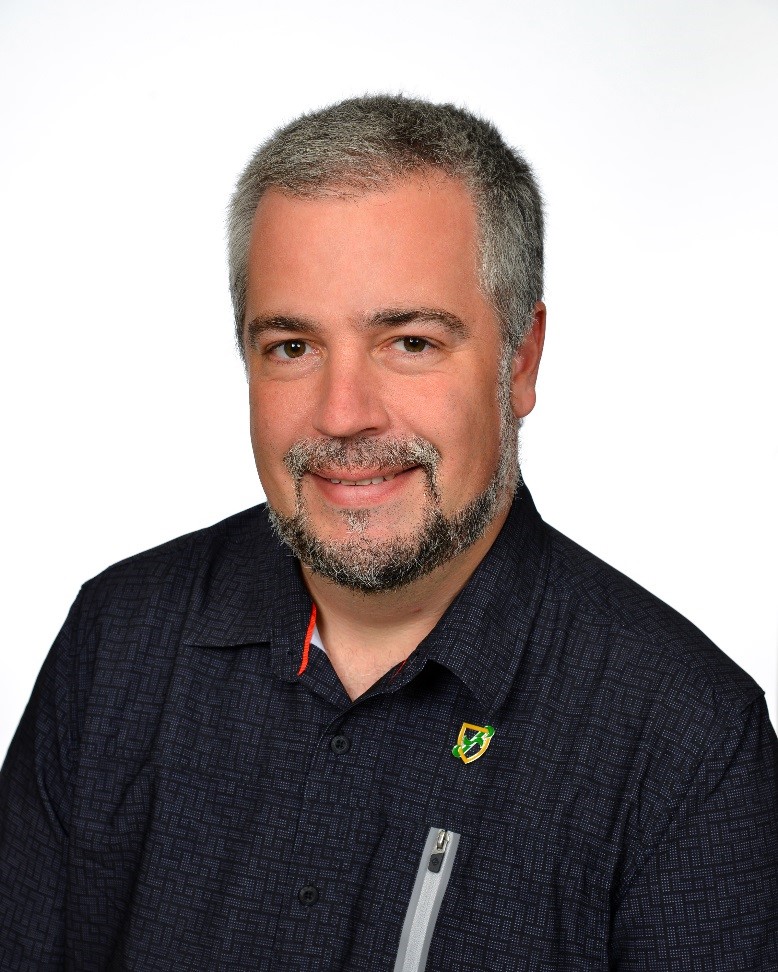
Simon Barnabé is an industrial microbiologist with master’s and Ph.D. degree in water sciences from INRS-ETE in Quebec, Canada. He is a senior professor at Université du Québec à Trois-Rivières (UQTR) in Quebec, Canada where he holds an Industrial Research Chair in Environment and Biotechnology and jointly holds the Industrial Research Chair in Regional Bioeconomy and Bioenergy with one of his colleagues. He is also the scientific director of Institute of Innovations on ecomaterials, ecoproducts and ecoenergy at UQTR and he is an active member of many research centers and networks in Canada and around the world. His research activities are dedicated to relaunch regional economies and to revitalize local infrastructure and expertise through diversification of biomass products. Through his industrial researches and partnerships, his team has developed many expertise’s in areas such as biomass fractionation, 2nd and 3rd generation biofuels, biomaterials and bioingredients. His team searches to maximize benefits from resource recovery by applying a unique community-based biorefining approach. He is also known to favor university-college-industry-city synergy in all of his projects, which accelerate his researches and allow him to cover the entire chain of value of biobased products and materials. Indeed, he is now involved in land development and circular economy by being a scientific counsellor for many cities or regions. A video of him and his team can be viewed here: http://www.youtube.com/watch?v=g2FnyQJw8Xw
Dr. Simon Barnabe’s research focuses on resource recovery and most specifically on the beneficial uses of wastewaters and organic residues. His main tools are industrial microorganisms, which include the cultivation of microalgae strains (consortia, pure) to obtain product and coproducts that can be used locally. Within his researches, his team is demonstrating that microalgae production can help to establish circular economy and create unusual synergies between local businesses in specific area. His team also conducts researches to understand the symbiosis between microalgae and beneficial bacteria when being grown together in consortium.
